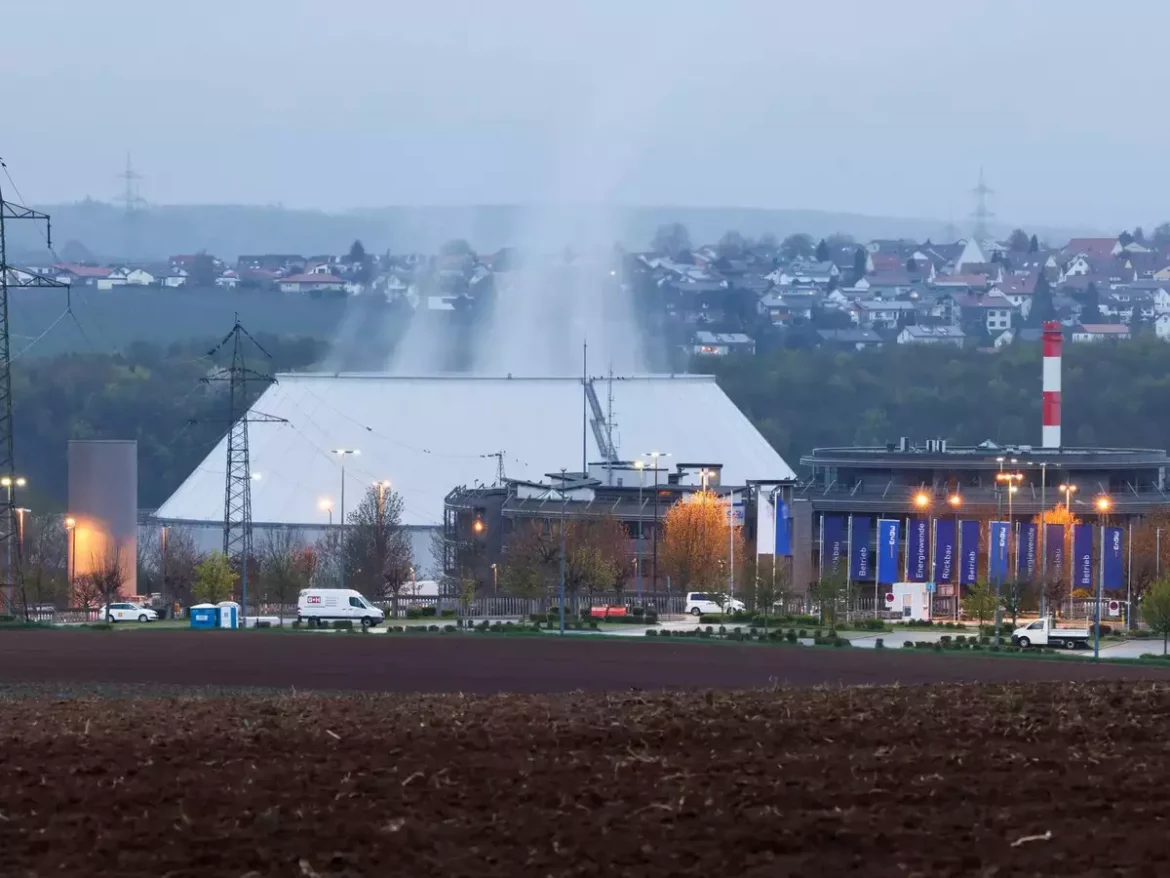As part of efforts to reduce its dependence on fossil fuels and ensure an improved management of an energy crisis caused by the war in Ukraine, Germany has announced its plan to switch off its last three nuclear reactors over the weekend, exiting atomic power.
Germany is bringing an early end to its nuclear age at a time that many Western countries are upping their investments in atomic energy to reduce their emissions.
The move by the western European nation to leave behind nuclear power began in 2002, but the phase-out was accelerated by former chancellor Angela Merkel in 2011 after the Fukushima nuclear disaster in Japan.
The exit decision was popular in a country with a powerful anti-nuclear movement, stoked by lingering fears of Cold War conflict and atomic disasters such as Chornobyl in Ukraine.
Read also: Australia climate change activists ‘halt’ coal train
“The risks of nuclear power are ultimately unmanageable,” Germany’s Environment Minister Steffi Lemke, was quoted as saying when he toured the ill-fated Japanese plant ahead of a G7 meeting in the country.
However, Russia’s invasion of Ukraine has seen an end to cheap gas imports, and the need to quickly cut emissions has upped calls in Germany to delay the withdrawal from nuclear power.
Meanwhile, Greenpeace, at the heart of the anti-nuclear movement, organised a celebratory fete at the Brandenburg Gate in Berlin to mark the occasion.
“Finally, nuclear energy belongs to history! Let’s make this Apr 15 a day to remember,” the organisation said.
In contrast, conservative daily FAZ headlined its Saturday edition “Thanks, nuclear energy,” as it listed the benefits it said nuclear had brought the country over the years.
Story was adapted from CNA.
